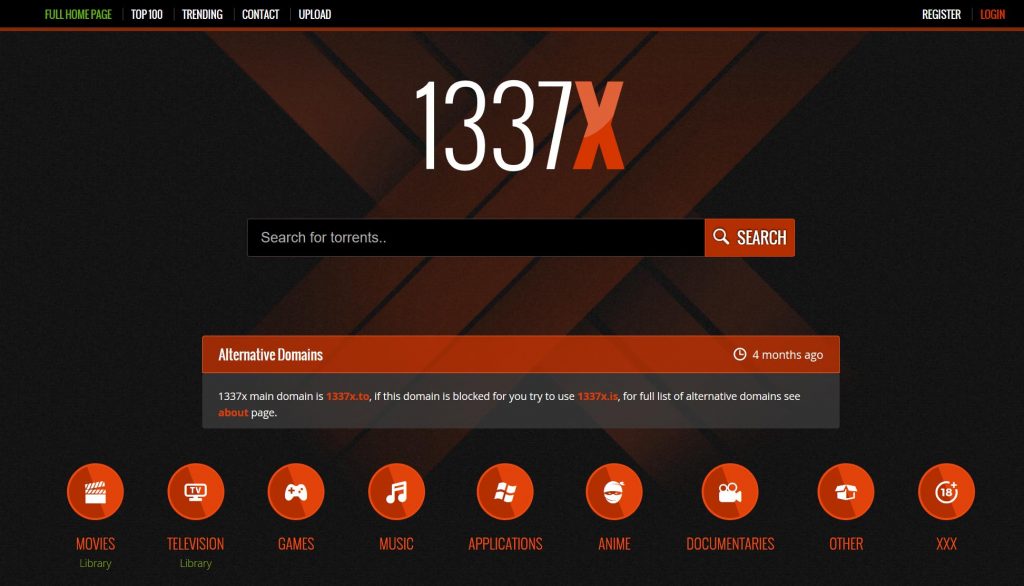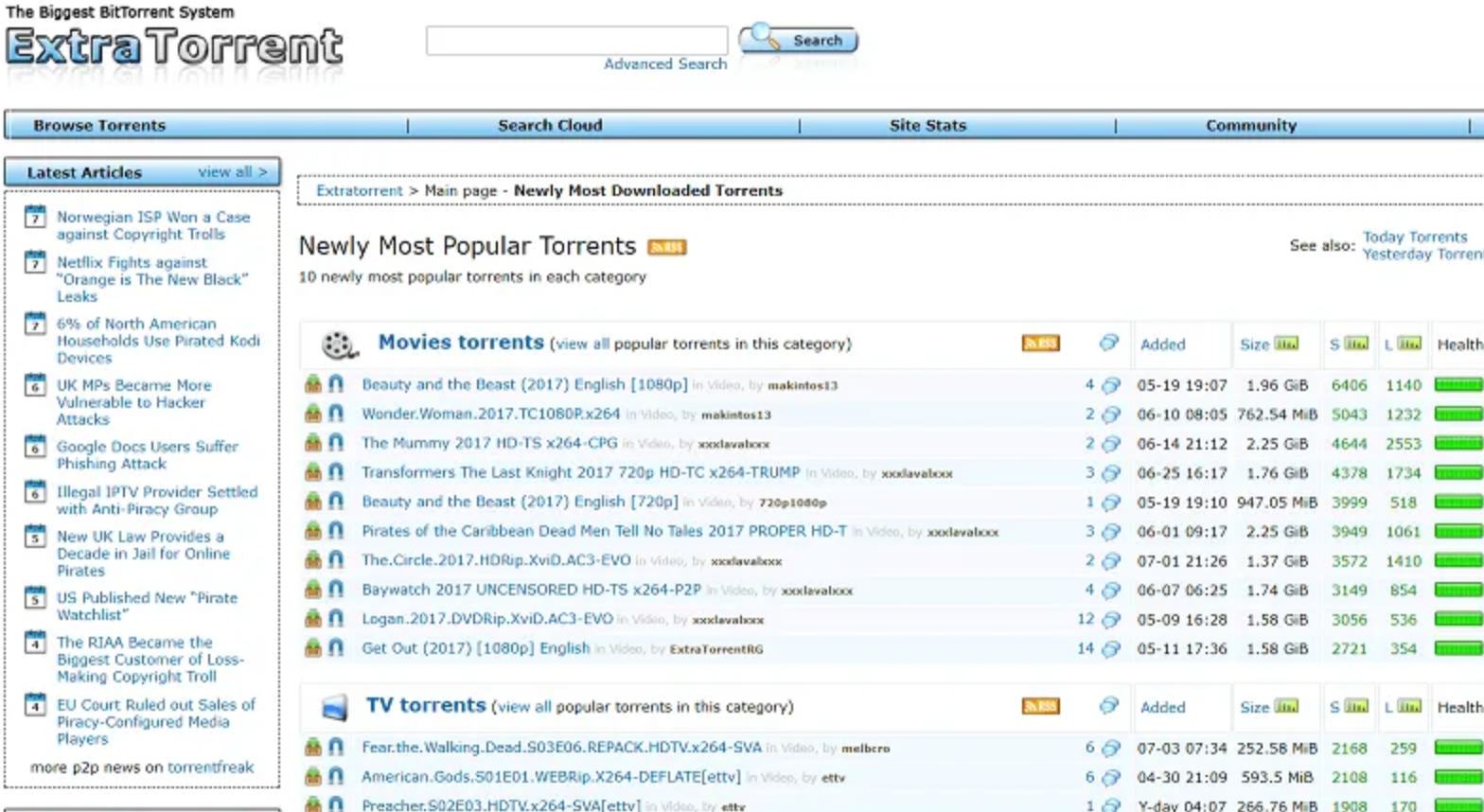Online learning – what is it and how does it work? With multiple world-renown learning institutions providing online-based courses, online learning has gained immense momentum thanks to its flexibility.
What is an online learning and how does it work? Online learning is a self-paced mode of study offered by learning institutions over the internet. It provides all the benefits of enrolling in your favorite university plus the convenience of adapting study modules to your schedule.
The increase in online learning since the covid19 pandemic began has been revolutionizing learning norms for both students and traditional educational institutions. Online learning will present some new challenges for students though, and they should address some basic issues. Among the most important things for effectively practicing online learning are time management skills and working in a remote environment free from excess distractions. It looks as if even after the covid19 outbreak is over, online learning will continue to be part of the new normal.
This makes it possible to learn from any location and at any time provided you have a laptop to access on the learning platform.
The course materials can be delivered in the form of video and audio lectures, text, virtual environments, or animations. Some online learning modules can provide extremely rich experiences that outperform what you get from an overcrowded lecture hall. And while challenges exist in both virtual and physical classrooms, preparation and understanding of how it works go a long way.
The Necessary Technology Requirements
Having the right technology essential for a smooth online learning experience but only a few programs can provide computers. More often than not, students are responsible for acquiring their own laptops as well as installing the software for the course program.
Mac/Windows Computer With a Reliable Internet
Ideally, online learning programs require students to have computers that meet certain system requirements to support the education program they intend to enroll in. For instance, most programs require a computer running on Windows XP or higher. As an alternative, a Mac OS X or higher will get the job done. If you need more help or guidance on how to buy a college laptop, here’s a guide you can count on.
Almost every cable modem or commercial DSL provides internet services with adequate speeds for online learning modules. On the other hand, if you find that your WIFI network strength is struggling to support video lectures and chats, an Ethernet cable can be appropriate.
Communication Platform and Hardware
A number of online modules come with inbuilt chat functionality for communication. In the absence of this feature, the school will be recommending a platform that works best with their instructors and students. Among the popular options in this space include Skype, GChat, and AIM.
It’s prudent to make sure that your computer is equipped with high-quality Webcam, Headphones, and Microphone for chat meetings and academic presentations.
After you’ve acquired the necessary hardware and software, the school hosting the online learning program takes you through their learning platform and any other add-ons you might need for the learning module.
How Online Learning Is Delivered
While some communication and engagement with the school and course instructors can be email-based, learning resources for the modules are delivered differently. In fact, online learning modules have shifted to more reliable and efficient delivery infrastructures.
The courses are delivered via the school’s online learning portal. And while the platform used will vary between various schools and programs of study, it comes down to a centralized platform where participating students can log into through a laptop or PC to access the course materials.
As opposed to regular learning modules where students have to be physically present, online-based study resources provide a great deal of flexibility. The course materials are accessible 24/7 meaning you can work on your assignments at any time.
This also means it’s easier to weave the study time around family, work, and any other commitments that may arise. If you don’t want to quit your job for further studies, online learning makes a perfect option.
The Different Online Learning Schedules
If you intend to pursue full-time online learning, be ready to set aside about 15-20 hours per week for your studies. The exact schedule will vary depending on the program of study, departments offering the module, and the school of choice.
Students with other commitments are best suited for virtual classrooms since study programs can be adjusted to match their routines.
In a nutshell, online learning programs can either be synchronous or asynchronous. For synchronous programs, all students log in to the class session and go through a lesson with a professor or a specific peer group. In asynchronous online learning schedules, students have the liberty of going through the course materials when their schedule is most favorable. However, assignments and assessment exams have fixed dates or completion deadlines.
Whichever learning schedule you choose, online learning programs require students to engage in classroom participation. Therefore, students are expected to create time for collaborating with peers on assigned presentations and group projects. In fact, some courses factor this into their course assessments.
Online Learning Mode of Student Assessment
Just like on regular courses, students enrolled in an online learning program are tested at certain intervals when undertaking the course. There are various assessment modes including group discussions, individual assignments, exams, and journal activities.
Exams for online learning programs can be completed from your computer and they are not location-specific. Since professors and tutors don’t oversee the virtual assessments, some can be open-book. Alternatively, institutions can offer essays as take-home exams for gauging the competence level of a student. Schools with more stringent requirements often use exam software to monitor final exams.
Discussion activities can be different from one institution to another. Basically, course instructors provide topics for discussions, and students are required to carry out independent research and post the answers on a platform where all participating parties can access. This brings out the different angles of a topic and how students understand the subject matter.
Journal activities are updated as the course progresses and give you an overview of what you’ve covered so far. A journal entry helps the course instructor in understanding your progress and whether you have an adequate grasp of all the course areas of study.
Individual assignments tend to be the common denominator in online learning modules. The instructor provides the topics, word count, and submission deadlines. Students are required to turn in a well-structured argument that satisfies all the instructions and course guidelines.
Our Online Learning Qualifications Recognized?
A large percentage of schools providing online learning modules are already accredited learning institutions. Schools clearly disclose the qualifications earned from enrolling in online learning programs. These can either be undergraduate certificates, bachelor’s, masters, or post-graduate certificates.
However, it is important that students do a thorough background search with regard to institutions’ accreditation as well as qualifications earned from the online module. Basically, accreditation status and the level of qualifications that an institution can offer its students vary. Determinant factors include public/private status, the country where the institution is based, type of program on offer, and the official title bestowed to an institution.
Regardless of the reasons why you intend to study online, it is wise to have a substantial understanding of the school hosting the online program. Most importantly, ensure the qualifications you receive at the end of the study are recognized internationally and by employers in your industry.
Conclusion
Furthering your studies through online learning courses doesn’t necessarily call for a separate skillset. But you’ll have to be highly disciplined, organized, and constantly motivated to be successful. Since the delivery of, course materials and interaction with professors relies on technology, having a reliable college laptop should not be overlooked.
If you understand how it works and organizes your schedule to accommodate the classes, you’ll have fewer obstacles along the way. Although the lessons are not offered in a physical face-to-face setting, interactions with classmates and instructors can be quite instrumental throughout the online learning program.














